Water Treatment Scheduling Strategies
Water treatments are essential procedures that improve water quality by removing contaminants, balancing pH levels, and ensuring safety for various uses. The timing of these treatments can significantly impact their effectiveness and the longevity of water systems. Proper scheduling depends on water source conditions, usage patterns, and seasonal variations.
Spring and fall are ideal times for comprehensive water treatments to prepare water systems for seasonal changes and to address any accumulated contaminants.
Before starting new water systems or during initial setup, conducting treatments ensures water quality from the outset.
Regular treatments, scheduled based on water usage and quality, help prevent buildup of impurities and maintain system efficiency.
After natural disasters or contamination events, immediate water treatment is crucial to restore safe water supply.
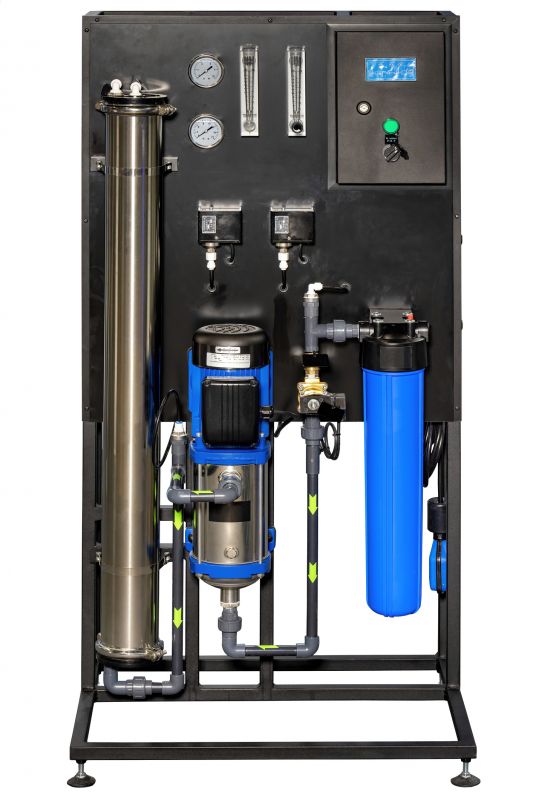
Various devices like filtration systems and chemical injectors are used during scheduled treatments.
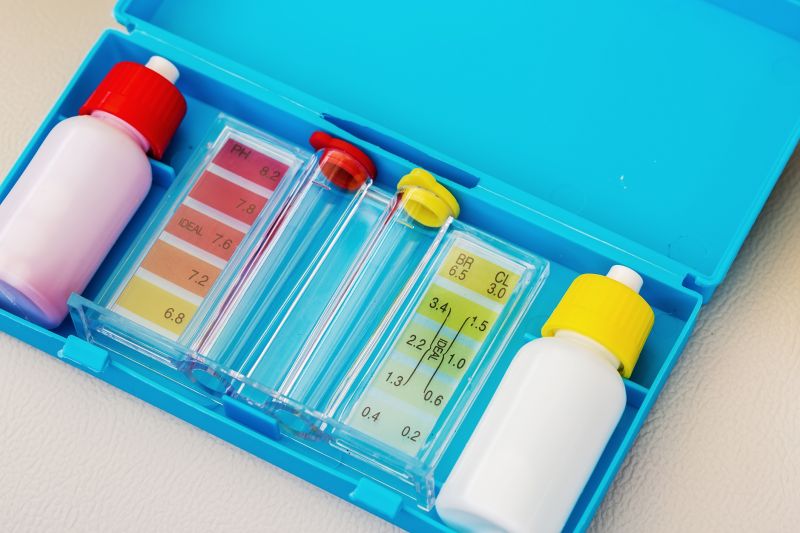
Regular testing identifies contaminants and guides treatment timing for optimal results.
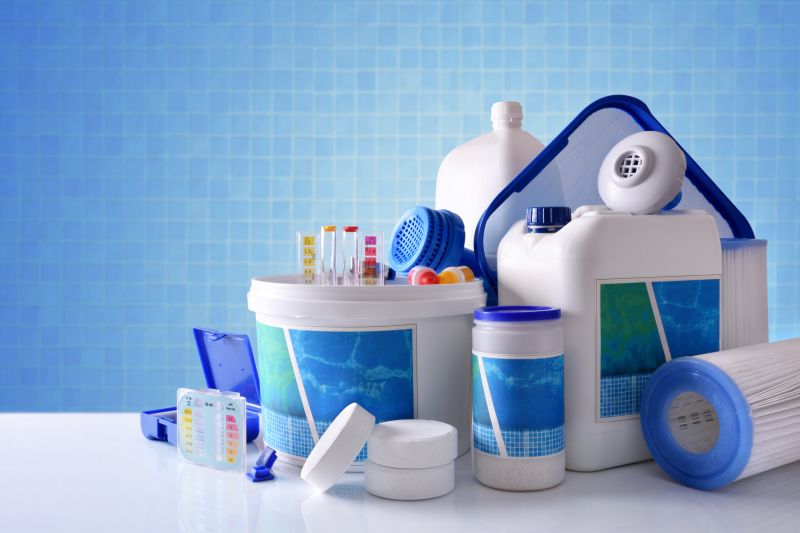
Precise dosing of chemicals ensures effective purification during planned treatment periods.
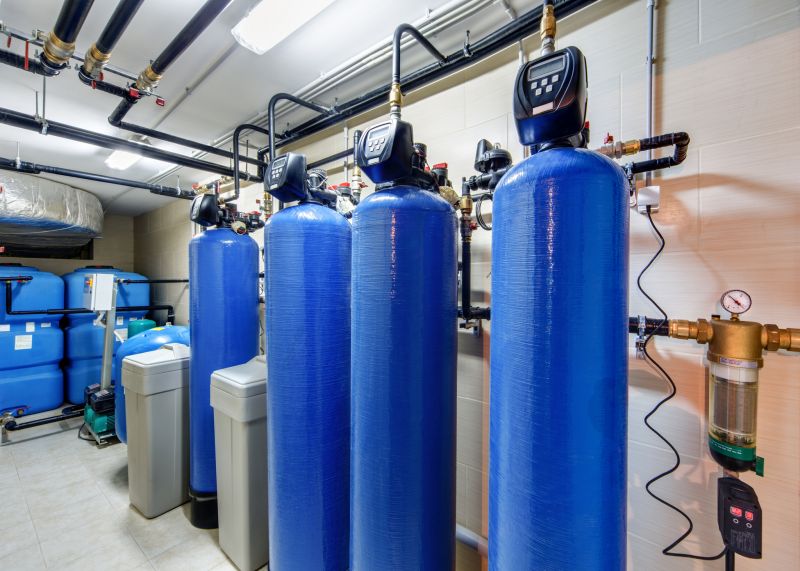
Ways to make Water Treatments work in tight or awkward layouts.
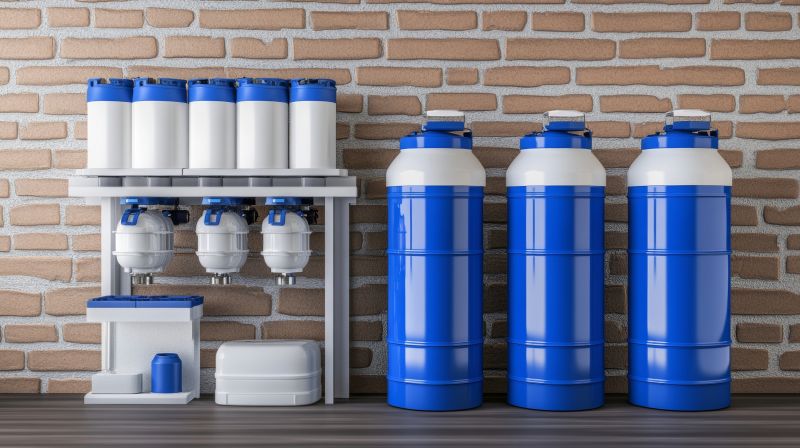
Popular materials for Water Treatments and why they hold up over time.
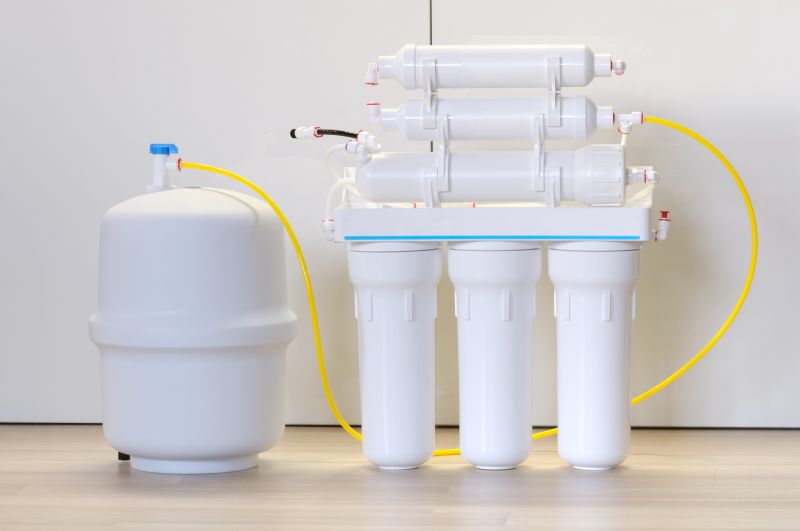
Simple add-ons that improve Water Treatments without blowing the budget.
| Optimal Timing | Key Considerations |
|---|---|
| Spring | Prepare for increased usage and address winter-related buildup. |
| Fall | Prepares water systems for winter and reduces microbial growth. |
| Pre-Season | Ensures water quality before peak demand periods. |
| Post-Contamination Event | Restores water safety after contamination incidents. |
| Routine Intervals | Maintains water quality through regular scheduled treatments. |
| Pre-Operational | Initial treatment before system commissioning. |
| Post-Disaster | Immediate treatment after natural or accidental contamination. |
Water treatments are most effective when aligned with specific timing strategies that consider seasonal changes, usage patterns, and potential contamination risks. Implementing treatments at appropriate intervals helps maintain water quality, reduces equipment wear, and ensures safety for consumers. Regular testing and monitoring are vital components of an effective treatment schedule, providing data to inform timely interventions.
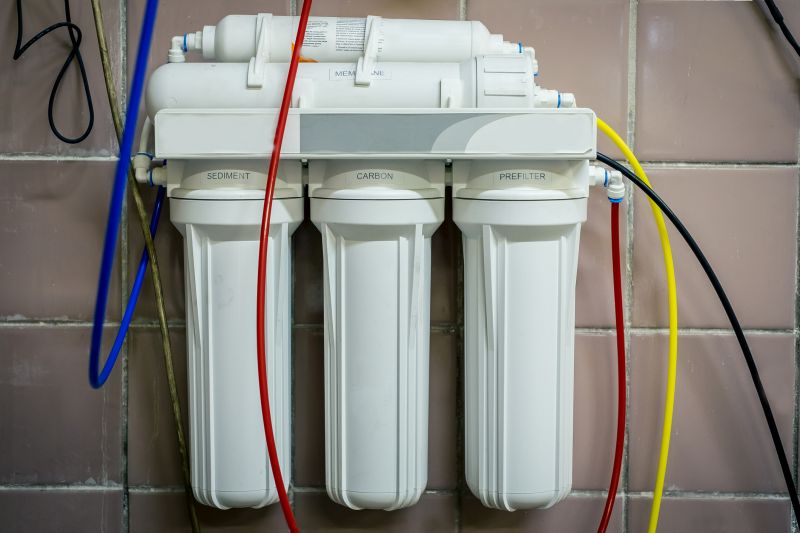
Used during scheduled treatments to remove particles and impurities.
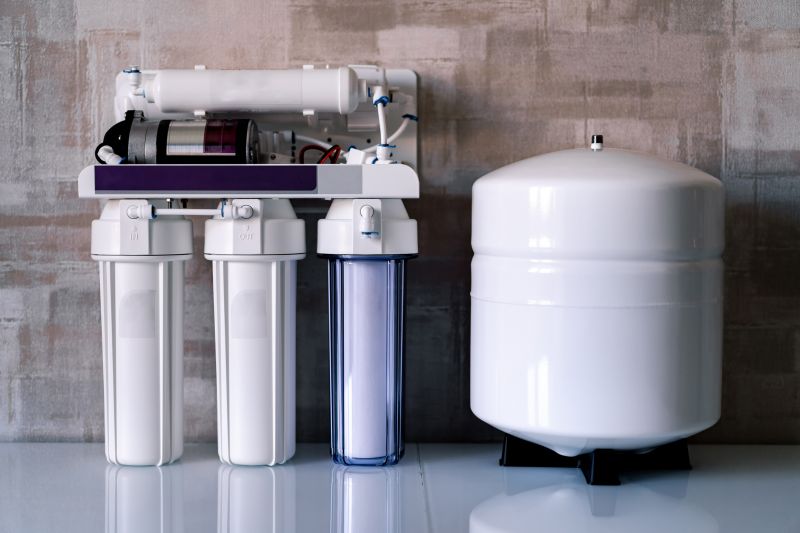
Automates chemical addition for consistent water purification.
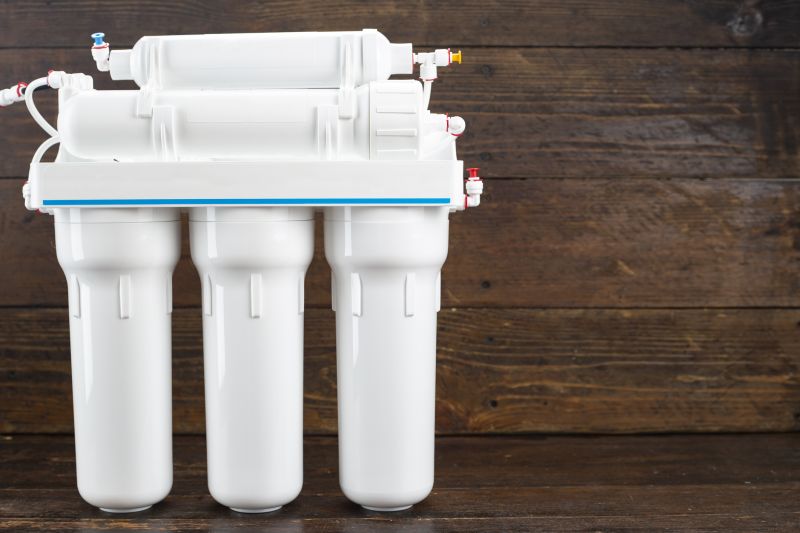
Facilitate regular testing to determine treatment needs.
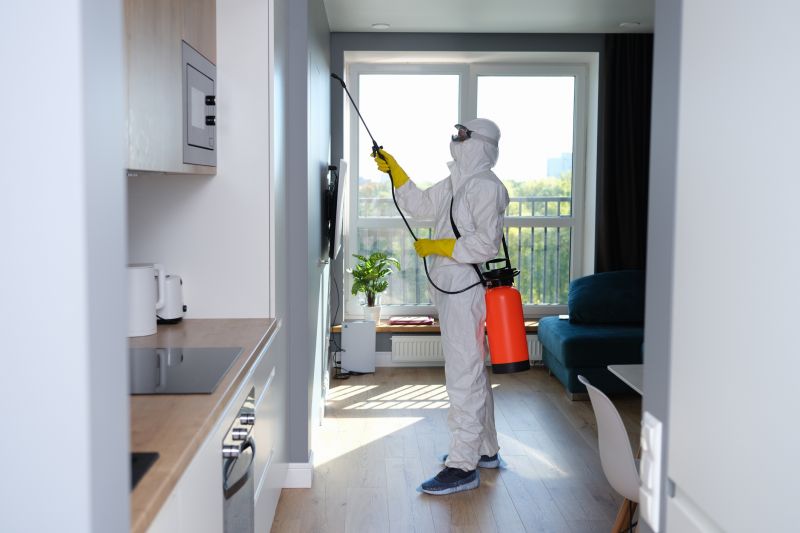
Essential for post-contamination treatment procedures.
Understanding the optimal timing for water treatments enhances their effectiveness and prolongs the lifespan of water systems. Proper scheduling, combined with consistent monitoring, ensures water remains safe, clean, and compliant with health standards. If interested in scheduling water treatments or obtaining more information, filling out the contact form is recommended.
